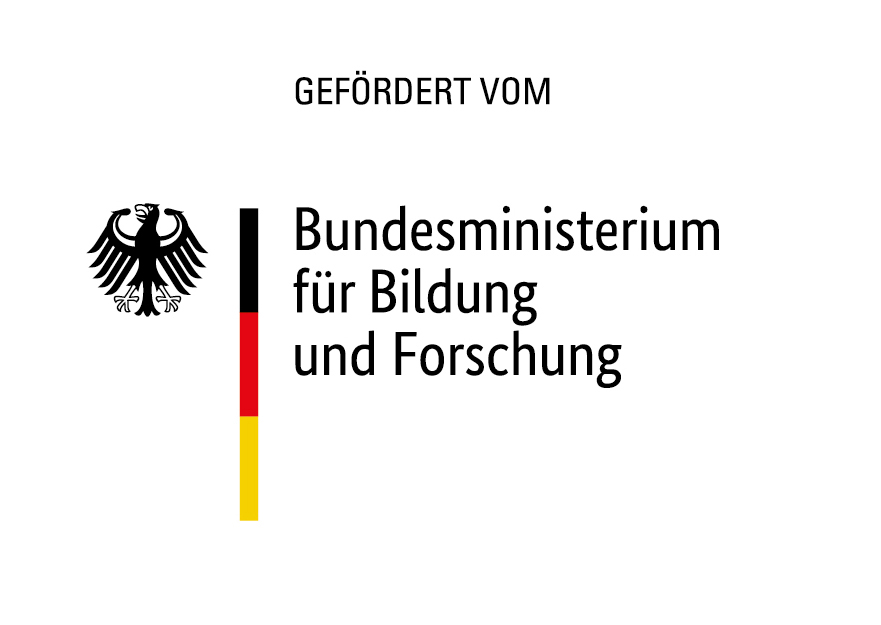
PROGNOSIS
Epidemic-related resource requirements of hospitals –
Modeling of incidence, bed occupancy, personnel planning and supply chains
Project content and objectives
The COVID-19 pandemic has shown that healthcare capacities can be overburdened even in highly developed countries, leading not only to inadequate care for COVID-19 patients, but also having an impact on the efficiency of the healthcare system as a whole, such as reduced prevention and screening programs and delayed surgeries. In the PROGNOSIS consortium, partners from five institutions with complementary expertise in biostatistics, bioinformatics, epidemiology, health research, infectious diseases and economics have joined forces to tackle this pressing problem with a principled and holistic approach. Data-driven short-term and mechanistic long-term prediction models of the hospital burden at different levels of care (standard, intensive care, ventilation, extracorporeal membrane oxygenation / ECMO) for three important respiratory infections: COVID-19, influenza and pneumococcal pneumonia. Different episodes of the epidemic and different geographical levels (Germany, federal states, districts) are also considered in order to enable local predictions. The models are parameterized with the help of extensive and constantly growing data sets from the ongoing collaboration with several German institutions and competence networks. Based on this, the impact on hospitals’ supply chains and human resources will also be modeled to derive concrete short-term countermeasures to cope with the expected burden on hospitals and to assess the effectiveness of long-term measures such as vaccination programs and non-pharmaceutical interventions. The modeling approach is structured in such a way that it is transferable to other pan- and epidemic situations.
Project structure
The PROGNOSIS project consists of three sub-projects.
Subproject 1 – Short and long-term forecasting models for the hospital burden in a COVID-19 pandemic (project partners Aachen, Dresden, Leipzig)
In this sub-project, data-driven short-term forecasting models and mechanistic long-term forecasting models will be combined with a model of hospital occupancy at different levels of care. The main application example is the COVID-19 epidemic in Germany. In addition, the time horizons over which data-driven or mechanistic models are superior in terms of forecasting will be investigated.
Sub-project 2 – Impact of pandemics on hospital supply chains and human resources (project partners Augsburg, Münster)
The project partners Augsburg and Münster are modeling the bottlenecks in human resources caused by pandemic conditions and possible disruptions in supply chains for medical goods. The models are linked to the models developed in SP1 and 3. The aim is to predict the economic impact of a pandemic on hospitals in the short and medium term.
Subproject 3 – Prediction and simulation models for hospital resource requirements for other respiratory infections (all project partners)
The methods developed in SP 1 and 2 will be extended to other respiratory infectious diseases. Specifically, the approaches are to be extended to epidemiological models of influenza and pneumococcal pneumonia. In addition, a reusable tool is to be developed so that the approaches can be quickly transferred to new pandemics.
Project managers and partners
- Prof. Dr. Markus Scholz (TP1,3) University of Leipzig
- Prof. Dr. Andreas Schuppert (TP1,3) Rheinisch Westfälische Technische Hochschule Aachen
- Dr. Veronika Bierbaum (TP1,3) TU Dresden
- Dr. Jan Schoenfelder (TP2,3) University of Augsburg
- Prof. Dr. Bernd Hellingrath (TP2,3) WWU Münster
- Research

